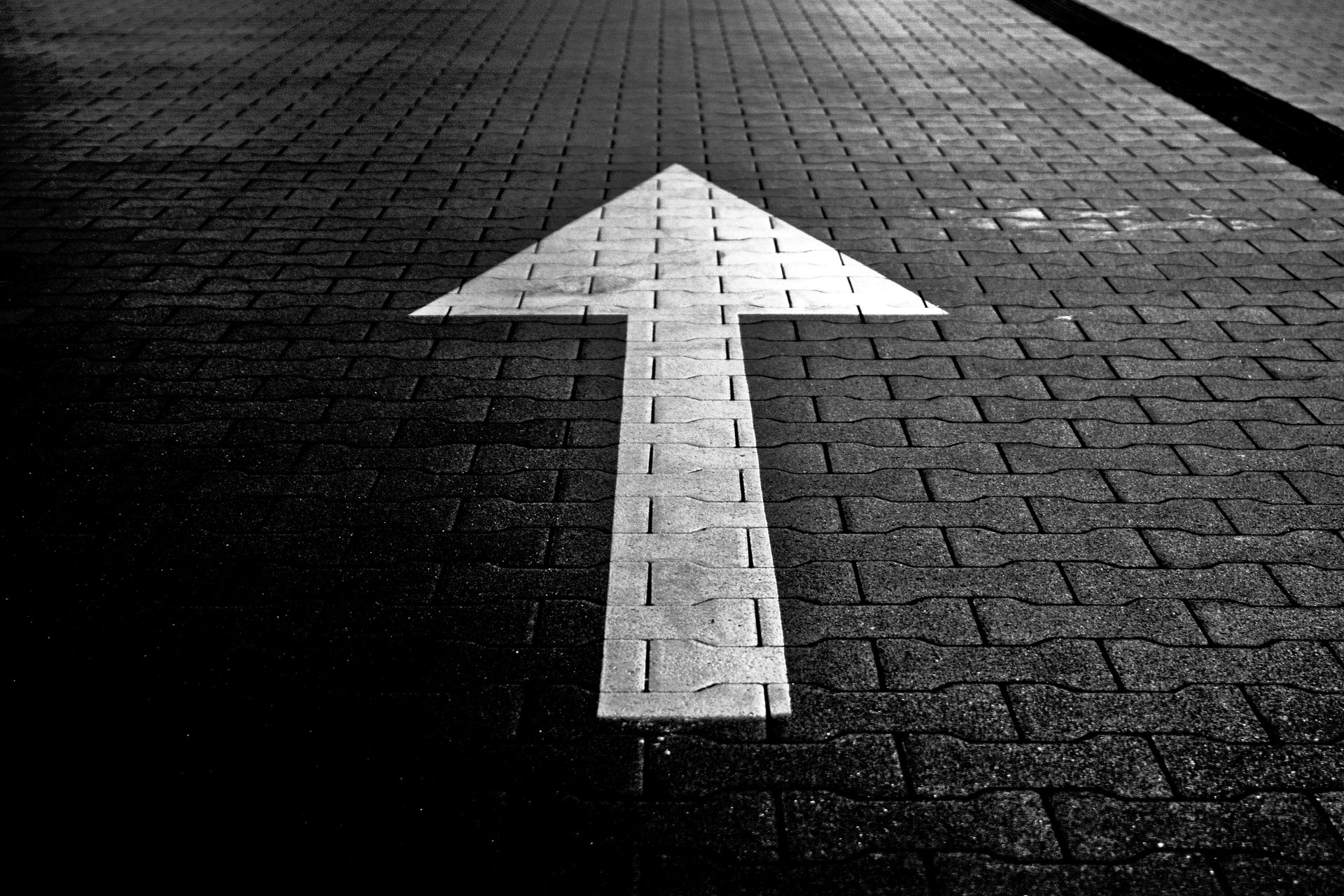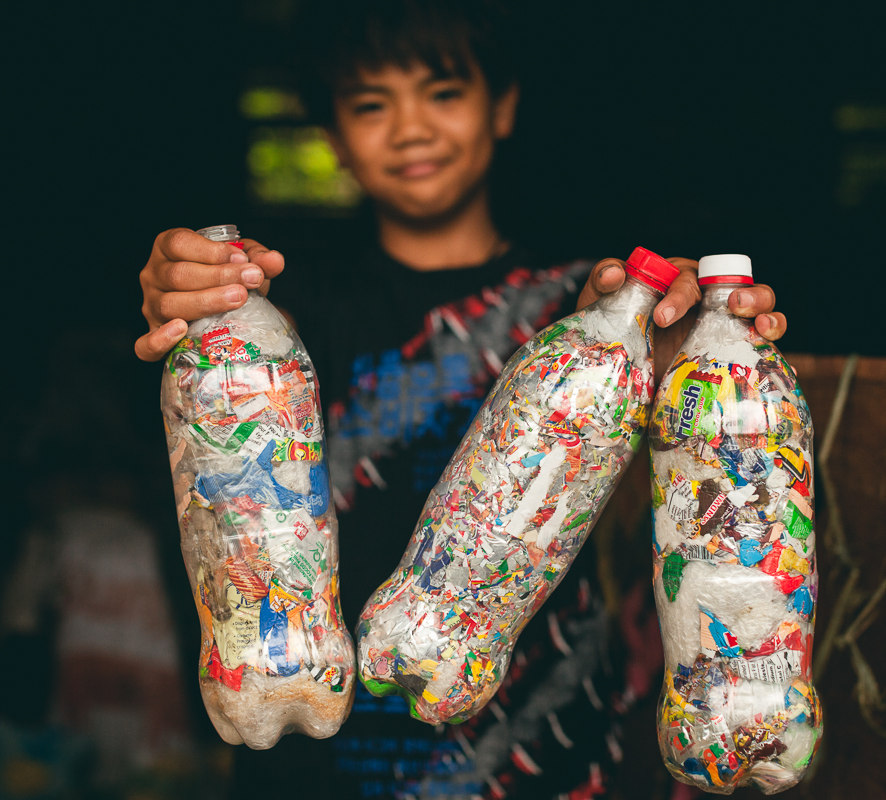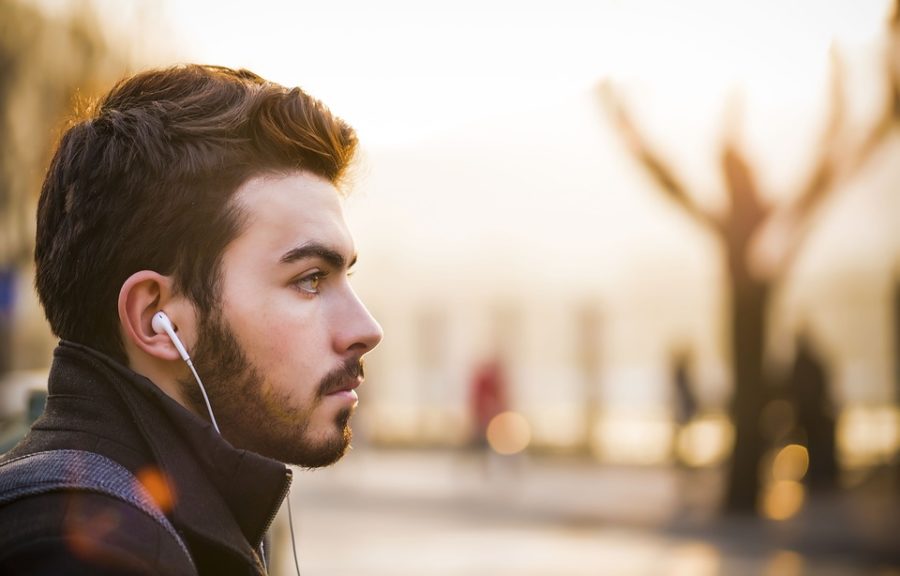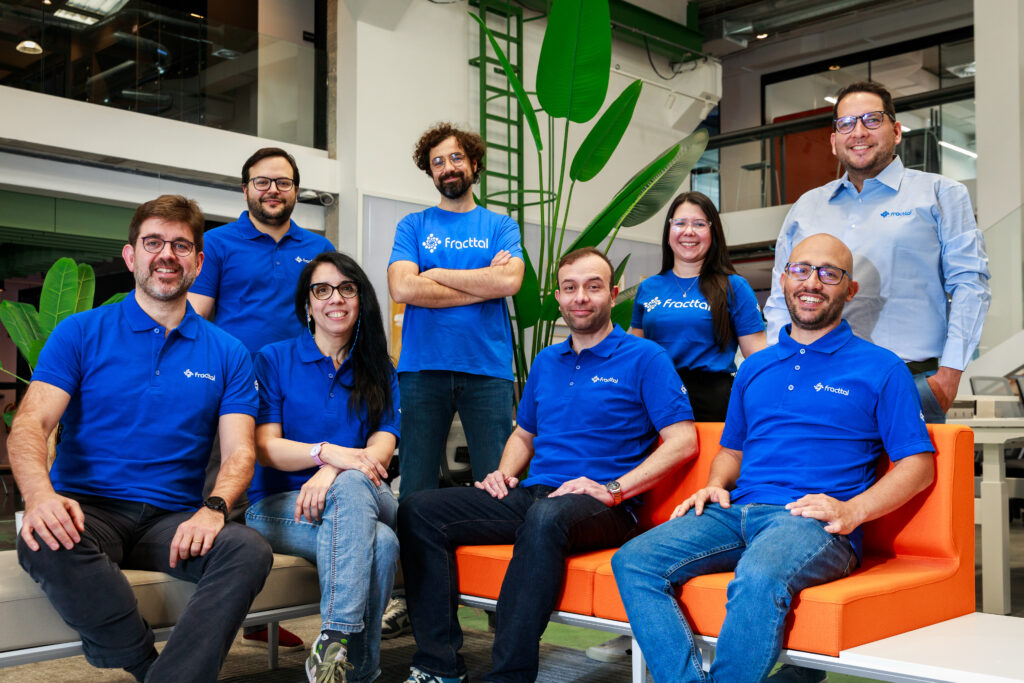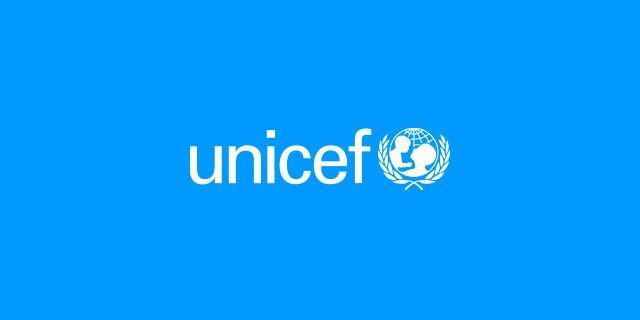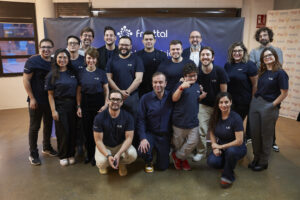Google this week announced its 5 finalists for the Desafio 2017 event, which will take place in Mexico City on November 16. The challenge seeks to discover the most forward thinking and socially impactful organizations and startups in the Latin America region, with a grand prize of $250,000.
Previously we have reported the rise of social entrepreneurship in Mexico and its potential influence throughout the rest of the continent. There are many social issues facing the Latin American region – including inequality, corruption, and climate change. The selected startups, representing Argentina, Chile, Colombia, Mexico, and Peru, each focus on different social issues that are prevalent in their country, but can also be applied worldwide.
Red de Alimentos
Based in Chile, Red de Alimentos was founded in 2010. The organization aims to ensure that no food goes to waste by redistributing leftovers to those in need as food such as the homeless.
Founded by Carlos Ingham, Red de Alimentos works with companies and social organizations to provide this food to the most vulnerable within Chile. As of September of this year, Red de Alimentos has saved nearly 20 million kilograms of food and reached 190,000 vulnerable individuals through their work with 208 social organizations. This past September, Red de Alimentos won the National Environmental Award.
It has been reported that there are 2.5 million people living below the poverty line in Chile. The country has a reputation of exploring solutions for sustainability, so it is no surprise that Red de Alimentos are another organization working to solve this issue. Previously, The University of Chile has previously worked with other institutions to find ways to transform food waste into green energy.
Eco Inclusión
Eco Inclusión is an Argentinian organization founded in 2014 that transforms plastic waste into bricks to build projects such as homes and other social impactful structures. The foundation has received technical support for the National Council of Scientific Research (CONICET) to assist with funding these projects.
The organization claims that it takes 20 plastic bottles to create a single brick. These bottles are ground down at the Eco Inclusión plant, and then mixed with cement to create the ecological brick. To date, the foundation has assisted families in need of housing and have set up specified Green Zones throughout municipalities and communities in Argentina where citizens can drop off their plastic bottles intended for reuse.
It has been reported that humanity has produced enough plastic to cover the entirety of Argentina. This plastic waste often finds itself in the ocean and is notoriously resistant to biodegradation. However, with Eco Inclusión this trend has the potential to become a thing of the past and be used as a means to support the planet, as opposed to harming it.
Sin Fronteras
This Mexico-based company is seeking to assist refugee migrants retain their Human Rights when living in the country. Through seven strategic components, Sin Fronteras promotes an inclusive culture and shares data with these refugees so they can respond to specific situations they may encounter. These include violence, discrimination, and lack of basic necessities such as healthcare, work and education.
With the violence spreading throughout South America such as political unrest, drug cartels and economic issues, migrants travel through Mexico in hopes of a more stable life. However, Mexico has been accused of having a flawed asylum system, where migrants find themselves in similar situations they were initially trying to escape.
The organization was founded in 1995 and since then has constructed a database of accommodations, government offices, public services, and more. Using this database, Sin Fronteras is able to provide useful and often vital information immediately whilst ensuring that the platforms users remain safe.
Patrulla Aérea Civil
The Colombian Patrulla Aerea Civil (Civil Air Patrol) works to provide medical care in the far flung regions of the country. Over the past decade, Patrulla Aerea Civil has assisted patients in 160 municipalities throughout Colombia, attending to nearly 100,000 people.
In Colombia, those living in rural areas often have trouble finding suitable medical care and due to those living in remote areas, who have to deal with violence from guerrillas or infections from untreated wounds suffer due to the lack of available medical facilities and inaccessibility.
In 2016, the team performed over 630 surgeries, with a further 6,440 treatments carried out. The organization works with national businesses such as Avianca and ColMedica, in addition to international companies and initiatives, including USAid, and Johnson & Johnson.
Peruanos Sin Agua
The Peruvians Without Water initiative is dedicated to provide water to the nearly 4 million Peru citizens who are without access to clean drinking water. Headed by a group of entrepreneurs, the organization has worked for the past seven years to make one of the most basic human needs accessible to everyone.
During this time, Peruanos Sin Agua has worked on a number of projects to provide this need. This includes desalination of seawater through reverse osmosis and methods, rain harvests, where water is stored in a reservoir before treatment, and atrapanieblas, where water is collected in a trapper panel that condenses into water vapour. This project in particular is predicted to collect up to 400 litres per panel per day.
Due to flooding and infrastructure renovations, Peru has suffered from water shortages in the past. The pollution of its rivers that lead into the ocean have lead to problems for water-waste management companies and whilst the government is working towards solving this issue, the problem still persists throughout the country and the continent beyond.

